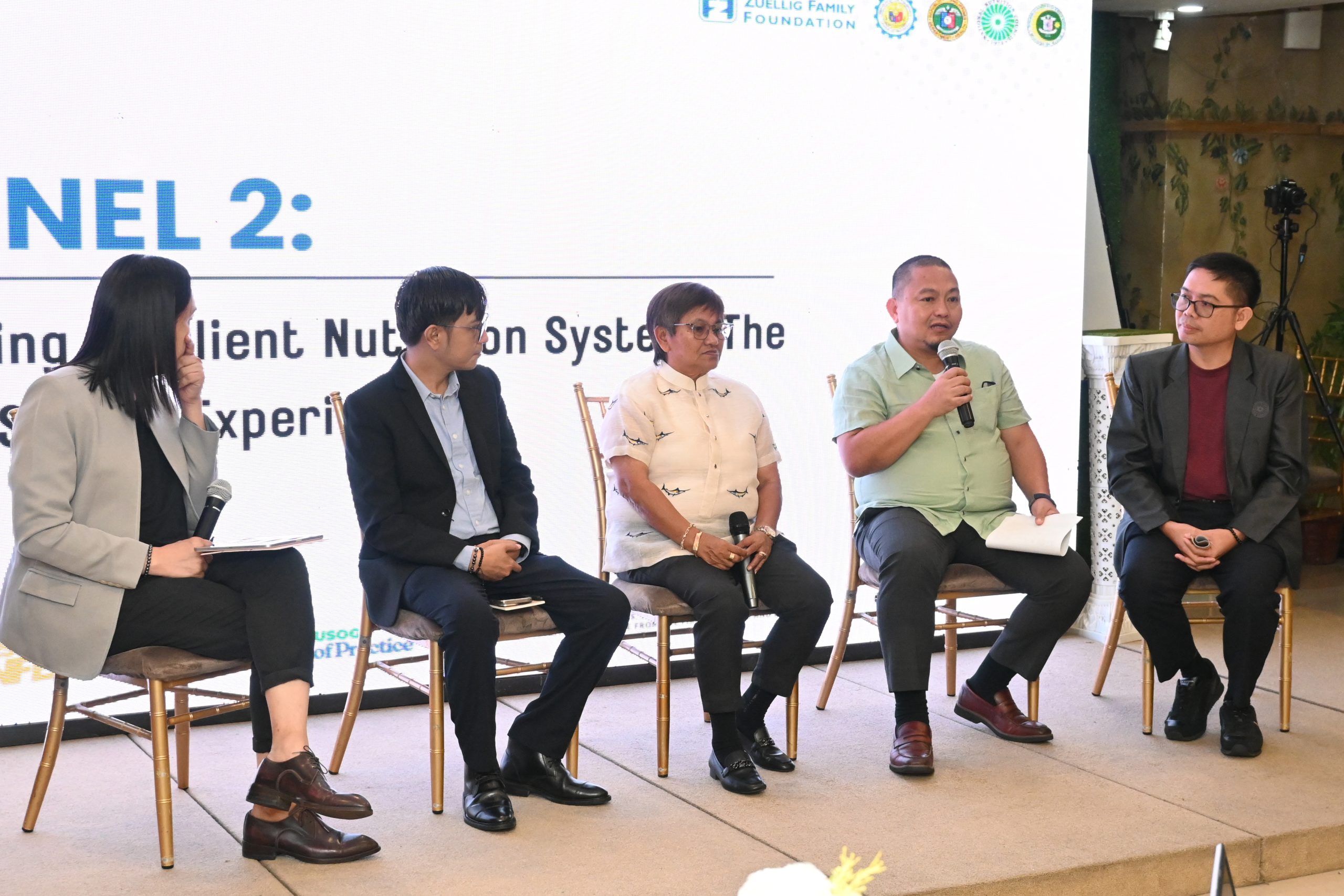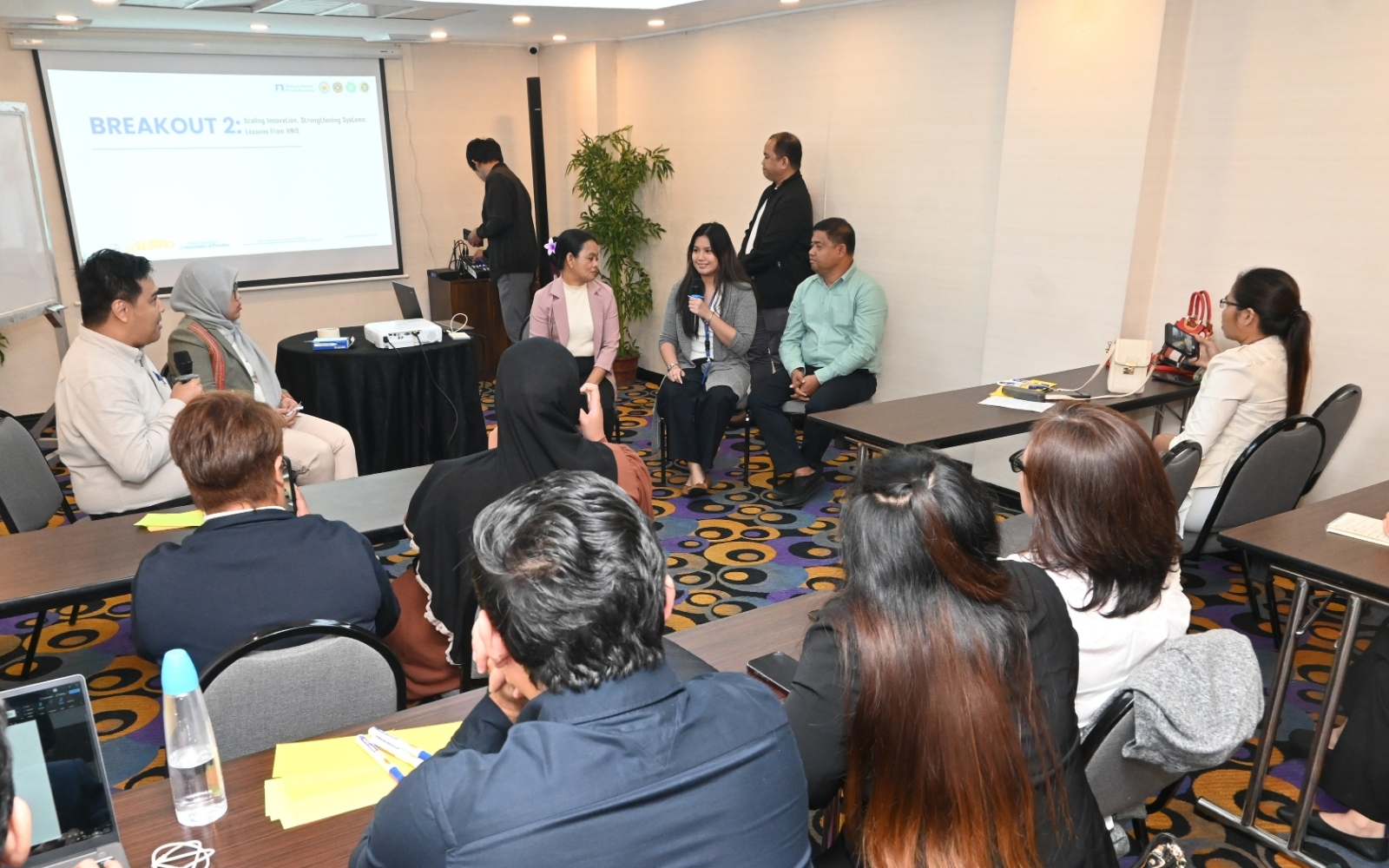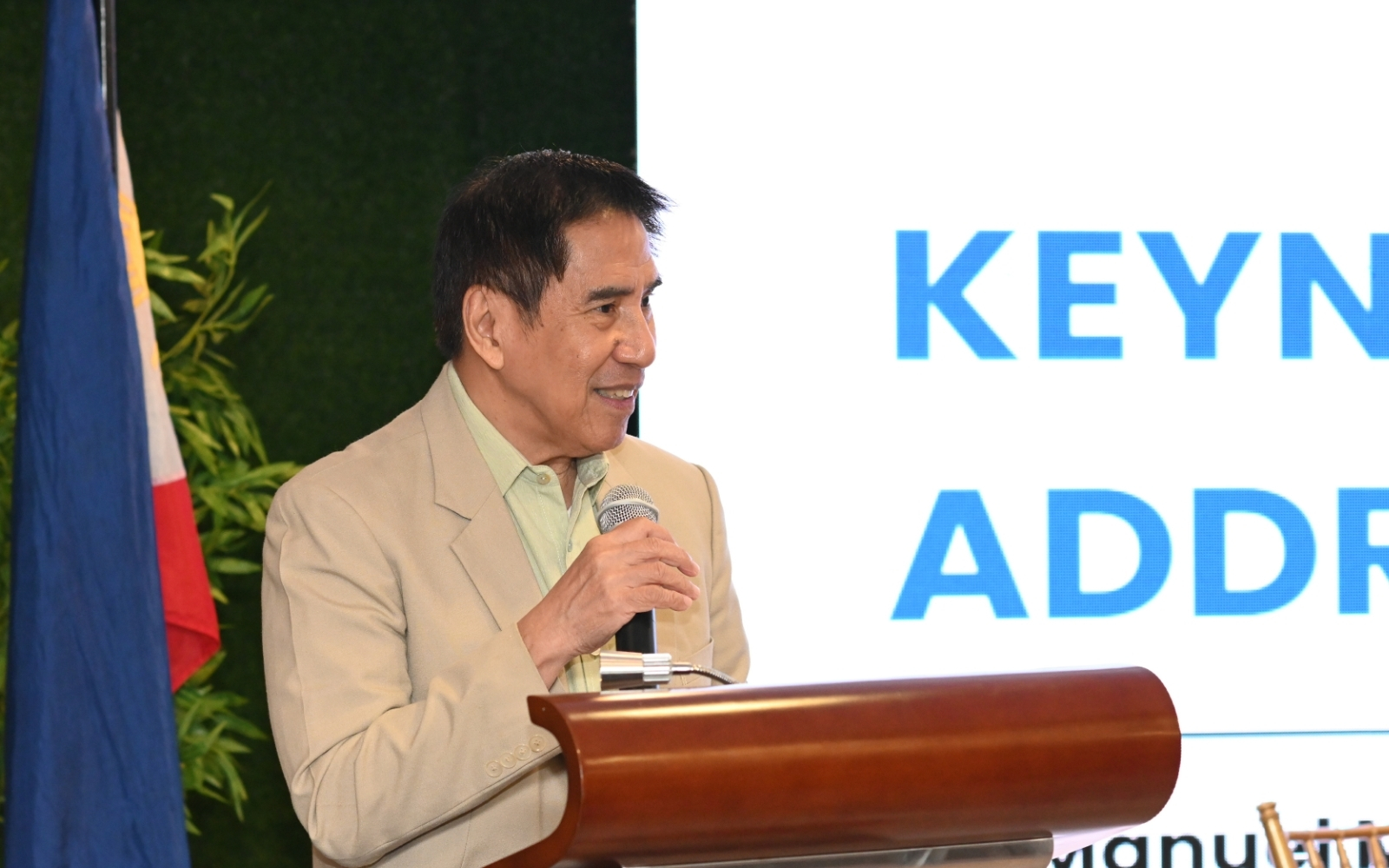Healthy Beginnings, Stronger Tomorrows: Pook Malusog Community of Practice Conference 2025
News | by Krizzia Esperanza

The Zuellig Family Foundation (ZFF) continues to promote shared learning and collaboration through the Pook Malusog Community of Practice (CoP), a platform that enables local government units (LGUs) to exchange experiences, innovations, and lessons on nutrition leadership and governance.
Held on October 7, 2025, this year’s conference, themed “Healthy Beginnings, Stronger Tomorrows: Advancing Nutrition Resilience from the First 2,000 Days and Beyond,” gathered local chief executives, local legislative council members, health and nutrition action workers, volunteers, private sector partners, representatives from the academe, and national government agencies, including Regional Nutrition Program Coordinators of the National Nutrition Council.
Participants from the five alumni provinces of the Pook Malusog Provincial Nutrition Governance Program (PNGP), Siargao Islands, and Manila shared how leadership and governance can build sustainable nutrition systems that remain strong despite political changes and crises.
The program featured three main plenary discussions and breakout learning sessions:
- Generating Sustained Political Commitment for Nutrition. Shared experiences from the PNGP cohort (Northern Samar, Samar, Basilan, Zamboanga del Norte, and Sarangani) on translating political will into institutionalized systems. This panel discussion highlighted key leadership acts that established institutional arrangements, policies, and plans and budgets that enabled these provinces to reduce malnutrition prevalence and strengthen mechanisms to sustain these improvements on the ground.
- Building Resilient Nutrition Systems, the TRANSFORM (Transdisciplinary Approach for Resilient and Sustainable Communities) Experience. Showcased how leaders in Siargao Islands, Surigao del Norte and the Caraga Region strengthened resilience through people-centered, data-driven approaches, noting that resilience is a continuous process of transformation.
- Beyond the First 1,000 Days, Seamless Pathways to the First 2,000 Days. Featured the municipality of Malungon, Sarangani and the provinces of Basilan and Sarangani, responding to what’s next after F1KD efforts, centering on Early Childhood Care and Development (ECCD) in ensuring continuity of care and support for children beyond infancy.

- Breakout Sessions: Scaling Innovation, Strengthening Systems. Focused on ZFF’s key programs—Pook Malusog Dashboard, ZFF’s health and nutrition information system (HNIS), and the Family Stunting Reduction (FaStR) program, a family-centered approach to addressing malnutrition. LGU implementers sat on the panel and responded to questions from participants, sharing ongoing learnings and best practices from pilot implementations, as well as their priority actions moving forward.
Discussions showed that political will is critical—it sets direction, drives the right systems, and ensures that budgets are allocated for nutrition. But political will must be backed by more support. It needs to evolve into strong, institutionalized systems that can sustain progress across political terms.
Provincial leaders shared how creating permanent positions for nutrition officers, integrating nutrition into local development plans, and mobilizing diverse sectors can embed accountability and continuity. Municipalities, on the other hand, demonstrated how community co-ownership, data utilization, and frontline worker empowerment ensure that nutrition efforts reach even the most vulnerable families.
Nutrition expert, Dr. Cecilia Acuin, in her synthesis, said that nutrition resilience requires long-term, systemic investment. Improving nutrition outcomes must focus on, quoting Mayor Alfredo Coro II of Del Carmen, Siargao Islands, “the least, the last, and the lost”—families and communities that remain hardest to reach. Dr. Acuin pointed out that while political commitment is vital, equally important are strong governance systems, responsive service delivery, and community ownership. “Our focus should be on building systems, not one-time solutions,” she said, calling for convergence among LGUs and partners.

In his keynote message, Dr. Manuel Dayrit, ZFF Chairman, reminded attendees that the CoP represents “a microcosm of what needs to happen nationally: leaders listening, learning, and acting together.” The conference ended with a hopeful call: when leaders and communities work together, every Filipino child can have a healthy beginning and a stronger tomorrow.